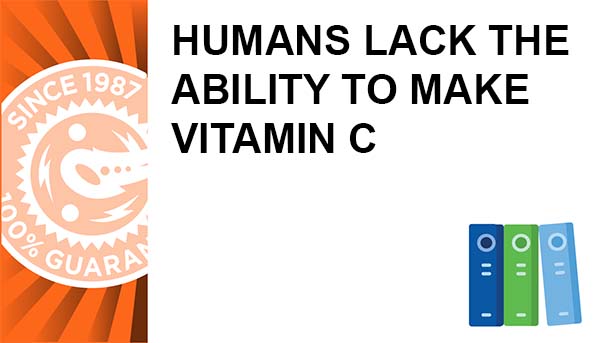BY STEVE BORN
Insulin is a hormone made by the pancreas, and when the body is functioning properly, cells are able to absorb glucose to be used for energy. Insulin resistance, which occurs from a number of reasons—consumption of a high-sugar diet, obesity, lack of exercise, chronic stress, smoking, and more—is when the cells’ ability to absorb (“take up”) glucose diminishes.
When this happens, the pancreas produces more insulin in the hopes that the cells will be able to absorb the glucose in the blood. Unfortunately, the cells are still resistant and eventually in this vicious cycle, higher-than-normal amounts of insulin are produced. Over time, the pancreas can no longer keep pace with insulin demands, which causes glucose levels to rise and build up in the blood. In time this can lead to type 2 diabetes and a whole host of serious health conditions (heart disease, stroke, kidney damage, and more) associated with it.
Obviously, we want to take whatever steps we can to prevent this from occurring, with wise lifestyle and diet choices the main areas to address. Supplementing to make sure that we’re obtaining certain insulin-supporting nutrients is also important. And without taking anything away from the importance of insulin-benefiting nutrients such as chromium and omega-3 fatty acids, it appears that magnesium may be the most important of all.
The reason for this declaration is because not only does magnesium help protect against insulin resistance—see the article “A Powerful Pair for Insulin Resistance” for more—new research shows that magnesium supplementation greatly benefits those who already have type 2 diabetes.
In this study, type 2 diabetics between the ages of 35 to 60 years were divided into two groups, neither of which differed significantly in regards to age, gender, fasting blood glucose, and magnesium levels. One received 250 milligrams of magnesium daily for three months, and the other group received none.
Throughout the course of the three-month period, both groups were instructed to consume a diet high in fruits, vegetables, nuts, legumes, and whole grains (i.e. a “healthy diet”). Blood samples were collected before and after the study, and analyzed for a number of glycemic control indicators: fasting blood glucose, fasting insulin, fasting C-peptide, and hemoglobin A1c. Serum calcium and magnesium levels were also measured.
Not surprisingly, at the end of the three-month period, the participants who took magnesium had lower serum calcium levels and higher magnesium levels than the untreated group, permitting for a more-ideal calcium/magnesium ratio. For the magnesium-supplemented group, insulin, hemoglobin A1c, C-peptide and insulin resistance decreased significantly compared to the non-magnesium group. Perhaps the most eye-opening of all? Fasting blood glucose decreased by an average of 10.55 milligrams per deciliter (mg/dL) in the magnesium-supplemented participants, while increasing by an average of 10.1 mg/dL in the participants who did not take supplemental magnesium.
Lead study author, Dr. Wafaa El Derawi, states: “The results of this study revealed that oral magnesium supplementation reduces insulin resistance and improves the glycemic control indicators among type 2 diabetic patients.”
We should all take steps to protect against insulin resistance and its undesirable consequences. The fact that magnesium supplementation not only offers that protection, but also provides significant benefits even after one is diagnosed with type 2 diabetes, reveals yet another reason why this “key to health and life” mineral should be taken by everyone.
Essential Mg contains not one, not two, but five highly bioavailable forms of magnesium. It is an incredibly easy and economical to ensure that you are obtaining optimal amounts of this crucially needed mineral each and every day.










